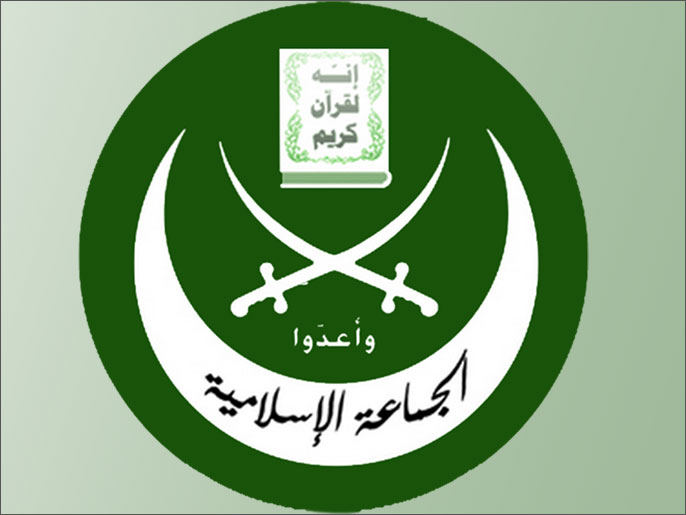Yesterday, the Egyptian Supreme Administrative Court issued a final and final ruling to dissolve the Building and Development Party, the political arm of the Islamic Group in Egypt.
Local media reported that the Political Parties Department of the Supreme Administrative Court decided to accept the request of the Political Parties Affairs Committee to dissolve the Building and Development Party and liquidate its funds and transfer them to the state treasury.
It is noteworthy that the Political Parties Department decides claims to dissolve parties, bearing in mind that the rulings of the Supreme Administrative Court are final and final and cannot be appealed to any other judicial authority.
The ruling operative clarified that the decision came under the pretext of financing the construction and development party for terrorist groups, and that a number of members of these groups belong to it, without mentioning other details.
There was no immediate comment from the Construction and Development Party on the ruling on its dissolution.
It is noteworthy that the Egyptian Criminal Court placed the Islamic Group and 164 of its members and leaders on terrorist lists in November 2018, and justified this measure by several considerations, most notably the abandonment of the initiative to stop violence, which the group and the party denied, stressing their commitment to peace.
It is worth noting that the Islamic Group, which was established in the seventies of the last century, launched the initiative to stop violence in 1997, and was welcomed by the regime at the time, after violent clashes between it and the security forces in the nineties of the last century.
The Construction and Development Party was founded months after the January 2011 revolution that toppled former Egyptian President Hosni Mubarak and opened the way for political action.
Later, the Islamic Group became the most prominent ally of the Muslim Brotherhood, which the Egyptian authorities also considered a terrorist organization, months after the overthrow of President Mohamed Morsi, affiliated with the Brotherhood, in the summer of 2013.
Between 2017 and 2018, the Construction and Development Party announced that it is not affiliated with internal or external alliances, among which is a coalition that refuses to overthrow Morsi, and confirmed the resignation of Tariq Al-Zumar, one of its leaders abroad, from the party.
The Islamic Group has a prominent presence in many Egyptian governorates, especially in Upper Egypt (South), and it has no declared headquarters, but its historical role is greater than its field influence today, according to observers.

